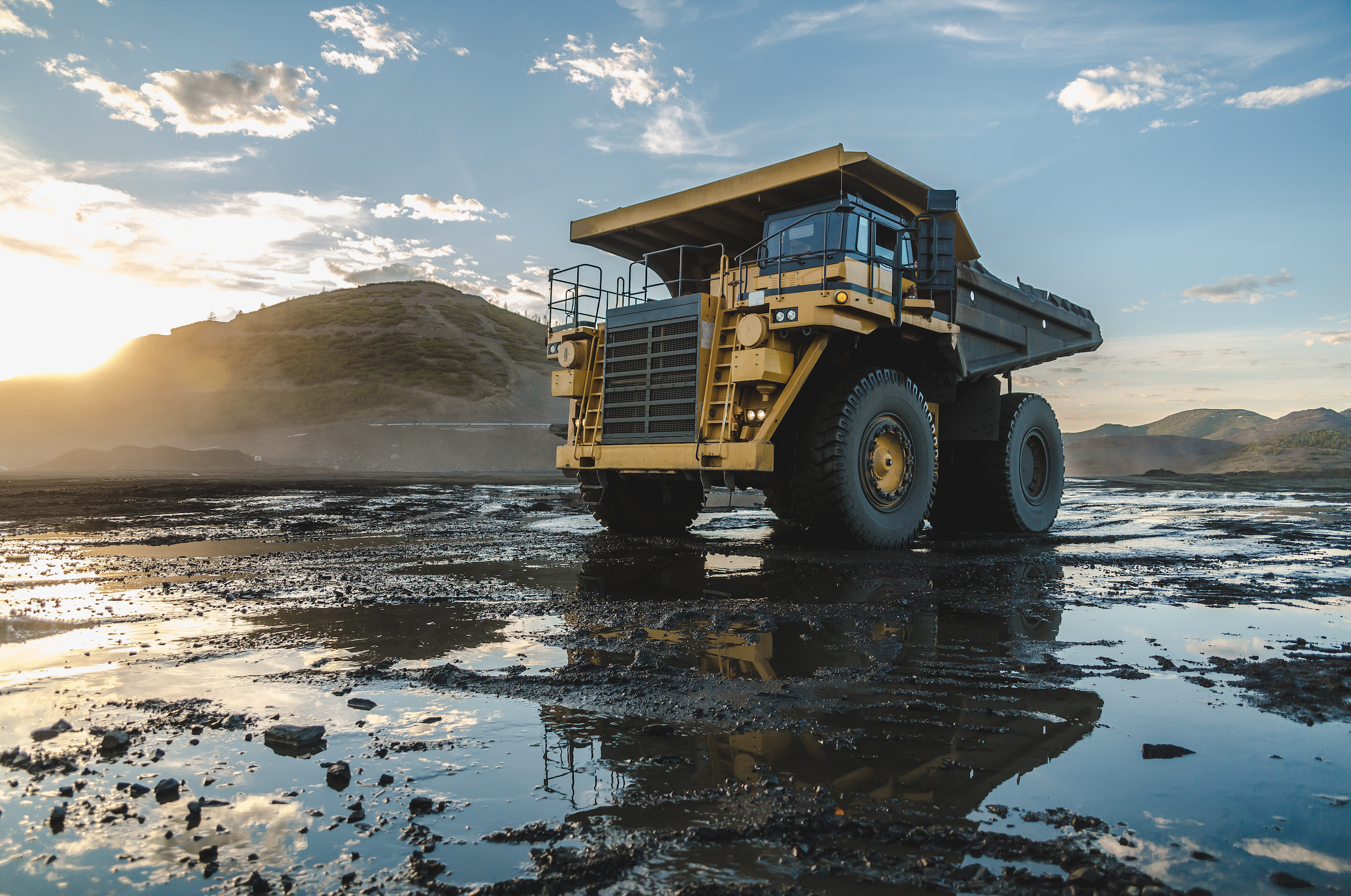As the demands of a highly connected world expand, the world faces a climate crisis that requires an immediate response. In response to climate issues, it seems contradictory to focus on expanding mining, particularly the mining of rare earth materials. Nevertheless, rare earth elements are required in larger volumes year on year to accommodate the immense requirements of modern high-tech products and their components. Computer chips are required to run most modern-day technologies, including cars, motorcycles, mobile phones, and even household appliances like washing machines.
Does it make sense to expand mining endeavours that create large outputs of carbon dioxides when much of the world is attempting to reverse the harmful effects of carbon emissions by agreeing to reduce emissions toward net-zero? Although it seems somewhat contradictory, the only way to save the planet is to extract more of the rare earth materials demanded to manufacture electric batteries, solar panels, and wind turbines. These elements, coupled with the science of hydrogen, and other such fuels, enable the world’s transition from fossil fuels like coal to fuels that power a reliable green network.
The move toward carbon neutrality in Europe exemplifies how not to go about switching too early to fuel alternatives before green energy is reliable enough to serve economies’ needs. Inefficient planning and preparation have only exacerbated the situation. Europe is experiencing increased pressures on its existing energy generating facilities due to its quick movements toward emission reductions. However, admirable Europe should have prepared for an alternative power supply before shutting down fossil fuel power generation. Nevertheless, trade-offs must be made as green energy requires Australia and other countries to access rare earth deposits and fossil fuels to expand production endeavours at high speed to allow a smooth transition to renewables. The objective is to balance the outputs of fossil fuels and element extraction before switching over to greener or green alternatives.
However, there are two sides to a coin, and the trade-offs may be as costly in some circumstances. Much of Europe is heavily reliant on Russian oil and gas, whose reliance has only grown. The Russian war with Ukraine has proven Europe’s reliance on Russian supply. In 2021, the European Union, other European countries, the U.S., Japan, and South Korea purchased about two-thirds of Russia’s crude and petroleum product exports (Horton, Palumbo & Bowler, 2021). That being said, countries like Australia must decide whether to allocate mining licenses to areas that are currently considered natural reserves. These debates have no clear winners as there is give and take on either end of the argument.
Transformational expansion amongst the various critical metals markets will reduce supply concerns for industrial consumers and governments while expanding commercial opportunities for adjacent industry alignments. Nevertheless, the continued extraction of natural resources must continue until economies have reliable alternatives to fossil fuels. Unfortunately, the road to net-zero does require more expansive outputs of required commodities. Nonetheless, there is a right and a wrong way to do things. The way forward requires careful, measured steps that are fact-checked every step of the way; otherwise, earth’s demise becomes man’s peril.
Mining companies like BHP must prepare for climate hazards as risk mitigation measures are imperative to the success of future extraction. The earth’s already fragile state requires greater oversight and attention to detail. Today, 30 to 50% of copper, gold, iron ore and zinc production is concentrated in areas where water stress is already high (Henderson & Maksimainen 2020). Climate change is expected to cause more frequent droughts and floods, altering water supply and disrupting mining operations.
In closing, it does make sense to expand production in mining; however, the accountability and careful auditing of manufacturing should be constant. Vigilance can never be underrated or overstated. Ocean Blocks takes a logical approach to prepare for carbon neutrality. We address concerns on both ends of the table as achieving balance and delivering on the outcomes has never been more essential to humanity.

